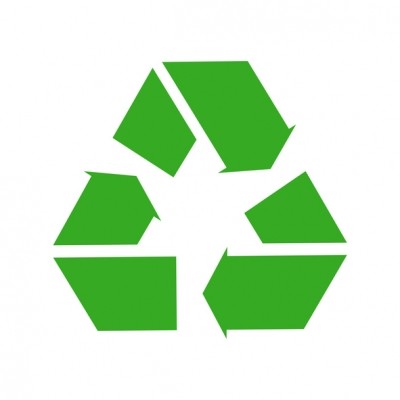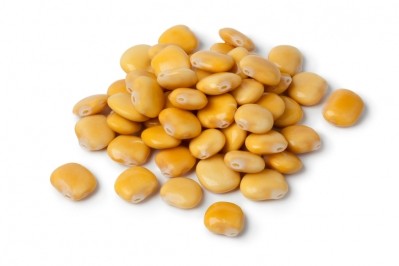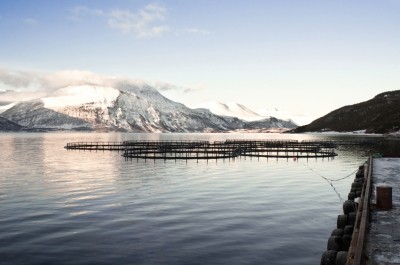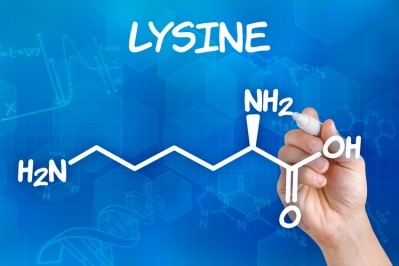Insects and algae top the line-up in future feed ingredients for pigs
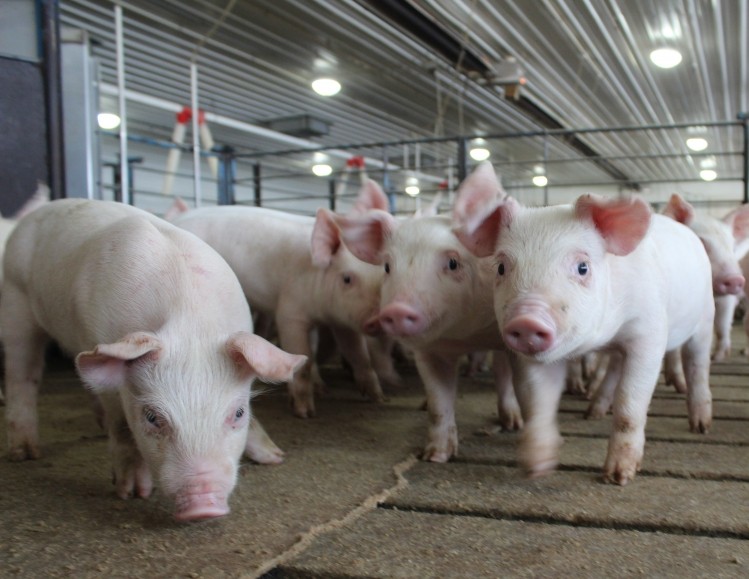
Algae could also provide a cost effective and sustainable source of protein for the sector, said Mick Hazzledine, who heads of the pig business side of UK supplier, Premier Nutrition.
He was speaking at the Bpex Innovation Conference 2014 in the UK at the end of June, which had pig feed innovation as one of its themes.
The pig nutrition expert told this publication today: “The protein in a number of algal and insect proteins is very digestible and it has an excellent amino acid profile. Indeed some of them have as high a protein value as fishmeal.”
Soy alternatives
Hazzledine said the biggest challenge for the UK and EU pig sector is to try a find a long-term alternative to soy, as the EU is highly dependent on imports.
“This is not easy as soy has an excellent digestible amino acid profile, a high nutrient concentration, and low level of anti-nutritive factors. There are no cost effective alternatives at the moment for younger pigs, in particular,” he said.
Hazzledine said the Dutch are championing the use of insect meal in animal diets.
The Netherlands-based feed manufacturer, Coppens, has recently signed a deal with a Dutch cultivator of insects, Protix Biosystems, to include insect meal in its feed materials when legislation allows, said Hazzledine.
Protix said it expects insect-sourced protein to be approved by the EU Commission by next summer.
Coppens is reported to have pre-ordered 200 tons of insect fat along with 300 tons of insect protein from the black soldier fly.
Future pig feeds
Hazzledine has also been looking at a number of other raw materials that could be fed to pigs in the future, particularly to offset the environmental challenges associated with pig production.
As well as insects and algae, he has been evaluating legumes, processed animal protein (PAP) rapeseed meal and yeast, among others as potential protein sources.
There are lots of EU-funded research projects underway looking to expand production of peas, beans and lupins.
But, he said, while such crops are perfectly acceptable as a feed ingredient for pigs - equating in terms of nutritive value to about 80% barley and 20% soya meal - the problem is that the yield just isn’t high enough. “We need an increase in yield of as much as 40% to make them cost effective,” said Hazzledine.
Improving nutritive value of rapeseed
More research is also needed, he said, in terms of rapeseed meal:
“Plant breeding takes a long time and we are unclear as to which of the components of rape we need to concentrate on to improve its nutritive value to the greatest extent. We don’t understand the toxic components, particularly glucosinolates, well enough.”
Feed additives derived from yeast are now widely available.
“They are probably most widely used in ruminants but, over the last five years in particular, trials in pigs and poultry have shown improvements in performance such as higher litter size with sows and better immune response,” said Hazzledine.
In terms of the wider use of non-ruminant PAP in pig feeds, once legislation allows it, Hazzledine said that would be curtailed by industry resistance to materials such as porcine plasma.
“Some stakeholders believe the current porcine epidemic diarrhea (PED) virus outbreak in North America may be related to feeding porcine plasma to pigs, raising concerns about the potential of disease transmission to pigs through feed. “
